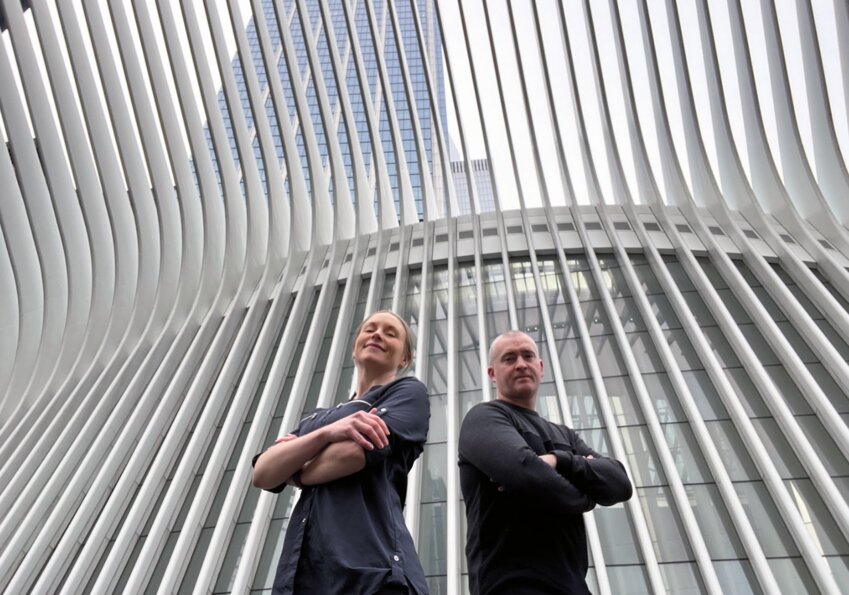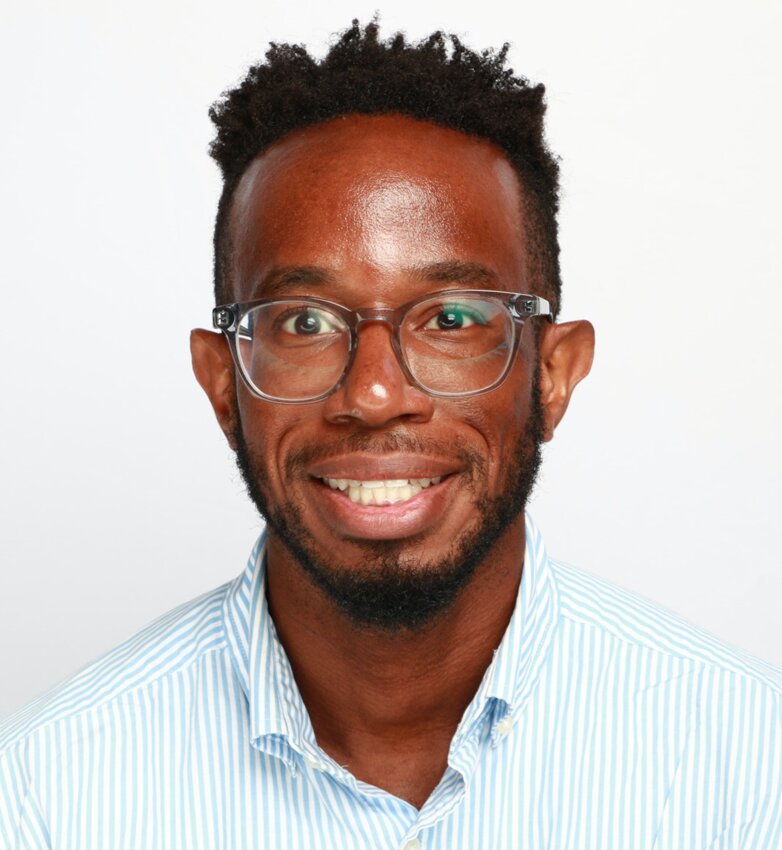What started as a plan to combat disinformation and fake news, The Legitimate Platform has become the app that works to support journalists.
Legitimate started in January 2020 and is a one-stop shop for journalists to spread information quickly. Conceived by Caoimhe and Gerard Donnelly, it acts as a conduit, offering items such as three hours of transcription service with unlimited uploads and, using artificial intelligence, creating article outlines in its free version. Legitimate also creates a profile for a journalist that allows them to create their own storage center for previously written articles.
“We needed a reason for them to be with us every day,” Caoimhe Donnelly told E&P. “So we thought we’d build the tools for them.”
While helping journalists is their mission, helping smaller, local newsrooms is their passion, Gerard Donnelly told E&P, who, like his wife, is from Ireland and does not have a journalism background. Gerard is Legitimate’s chief technology officer, and Caoimhe is the chief operating officer.
“There should be no barriers like CMS technology; everything that’s required to set up enrollment for a local newsroom should be free or as close to free as possible,” he said. “That’s what we want to do: give as much value to the journalists as we can for free and let those newsrooms grow — not let the news deserts expand the way they currently have.”

Legitimate offers a paid service that includes everything from the free version. With the paid version, a journalist can use more AI features, including real-time customized article suggestions, and articles can be turned into audio stories. Caoimhe Donnelly said some news publishers have been apprehensive about AI, and others have embraced the technology.
“In a small newsroom, it can do things like create your metadata for you or help you with your social media posts,” she said. “That could take the pressure off to allow a reporter to be in the field. We wanted to help allow the newsrooms to experiment with tools without a massive financial commitment.”
The company has made a financial commitment to help journalists, creating initiatives to offer training sessions to journalists, aspiring journalists and freelancers. Legitimate owners have made the financial commitment themselves, as outside investment is lacking because venture capitalists do not want to be part of, in particular, new media spaces. And, it is a for-profit business, so philanthropic money rarely comes.
The platform wants to work on a Spanish-language version as the bilingual audience has grown. According to the U.S. Census, Spanish is the most common non-English language spoken in U.S. homes.
“We just want to get this in the hands of as many journalists as possible,” he said. “Our ultimate goal is still helping to solve disinformation.”
 Keldy Ortiz is a New York-based writer and educator. He has written for publications locally and nationally. (Photo by Michael Jackson)
Keldy Ortiz is a New York-based writer and educator. He has written for publications locally and nationally. (Photo by Michael Jackson)
Comments
No comments on this item Please log in to comment by clicking here